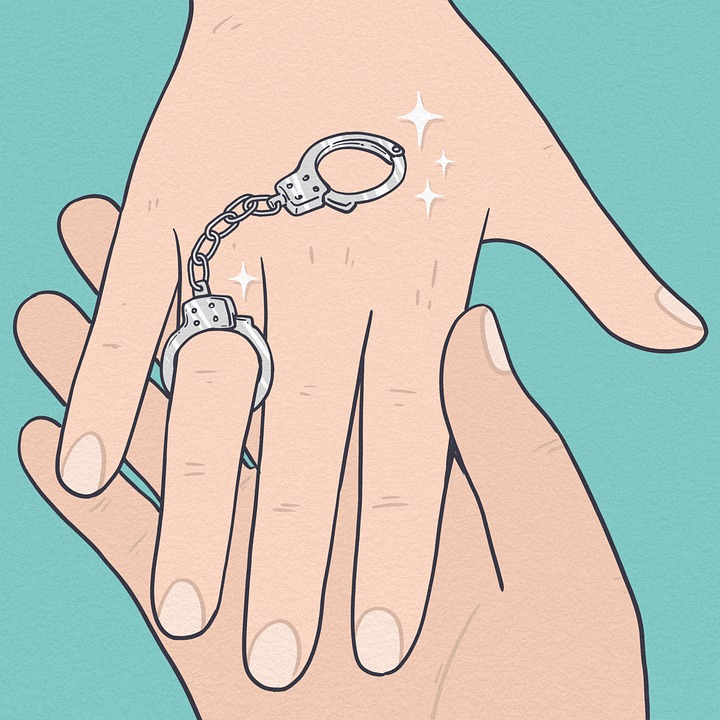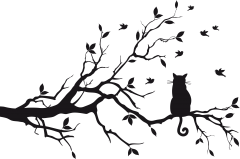
And, to speak again of solitude, it becomes increasingly clear that this is fundamentally not something that we can choose or reject. We are solitary. We can delude ourselves about it, and pretend that it is not so. That is all. But how much better it is to realize that we are thus, to start directly from that very point. Then, to be sure, it will come about that we grow dizzy; for all the points upon which our eyes have been accustomed to rest will be taken away from us, there is no longer any nearness, and all distance is infinitely far.
Rainer Maria Rilke
Bring to the light your solitariness, your self without anybody else there to define you. Give it breathing room and respite. For it has been shoved in the dark since the title of ‘relationship’ has come into your world. For in essence, in truth, you don’t know what relationship is, you never have.
You have always taken it to be ‘something’ that is imposed on your freedom. So long as there is a wish to love another solely – which meant become another’s solely – and to share a life together – freedom was moot. For what place has freedom in relationship, in daily living? What place has solitariness?
To long for that part of you that remembers the air of that freedom was to betray the very verbing of that ‘relationship’. And so you could not long in the open, but only in secret and in hiding for your freedom and your love of it.
But what is that longing? Is it a longing for solitariness or is it a longing for freedom? And what is the difference between them, if there is any?
Your idea of ‘freedom’ has become a distant memory, something of the past that you recollect with nostalgia. Thinking that if ‘freedom’ was brought to the surface in the midst of relationship, it could not and would not bear the tight chains of that imprisonment.
The two could not go together and in that, making a choice: freedom or relationship?
The ‘freedom’ of the past was a feeling of being at liberty to be approached by others, by the world. Being a ‘free agent’. No ties, no chains. It meant a sense of autonomy to come and go as you please, it meant possibility – that the world is your oyster so to speak. You could be whoever you wanted to be with anybody you wanted to be with. And that could change from day to day, month to month or even hour to hour.
At large, this ‘freedom’ was an idea, it wasn’t a living truth but an image of what freedom meant from a conditioned rebelliousness and an aversion to responsibility. Not the world’s version of responsibility, but responsibility in the sense of making a choice, committing, loving and what that really means without sugarcoating or denying.
That ‘freedom’ is a a freedom that cannot bear the confines of ‘relationship’. The responsibility of not betraying another’s trust, another’s heart. Of being confined to the monotony of daily living where that ‘responsibility’ becomes a burden. Growing heavier and heavier with time, and with it, the feeling of imprisonment. That ‘freedom’ makes an image of ‘relationship’; a snapshot of requirements moving through time with ‘freedom’ as the price tag.
How can you be in relationship and long for freedom when you don’t know the real meaning of either? All you have are ideas; a narrative of an old world – a world that is being completely dismantled.
Do not hurry to answer these questions for they are important questions to just ask without searching your mind for an answer. But in letting these questions work upon you and in your silence and willingness to explore, not knowing the answer.

13 thoughts on “Freedom Or Relationship?”